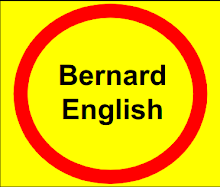A university differs from a college in that it is usually larger, has a broader curriculum, and offers advanced degrees in addition to undergraduate degrees.
But the difference used to be much greater, as explained by Daniel J. Boorstin in The Colonial Experience:
In England the distinction between "college" and "university" was always more or less sharp and significant: a college was primarily a place of residence or of instruction, largely self-governing, but without the power to give examinations or grant degrees; a university was a degree-granting institution of learning, usually offering instruction in one of the higher subjects of Law, Medicine, or Theology in addition to the Seven Liberal Arts and Philosophy, and possessing special legal authority (first in the form of a papal bull, later of a Royal or Parliamentary charter). Until the early 19th century, then, there were many English "colleges" but only two "universities," Oxford and Cambridge.
[emphasis added]

